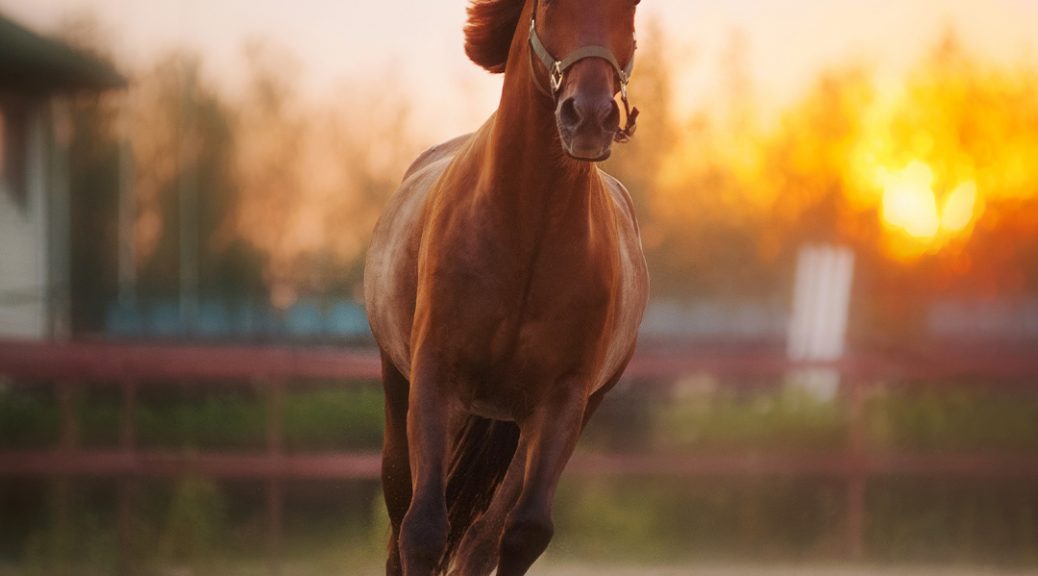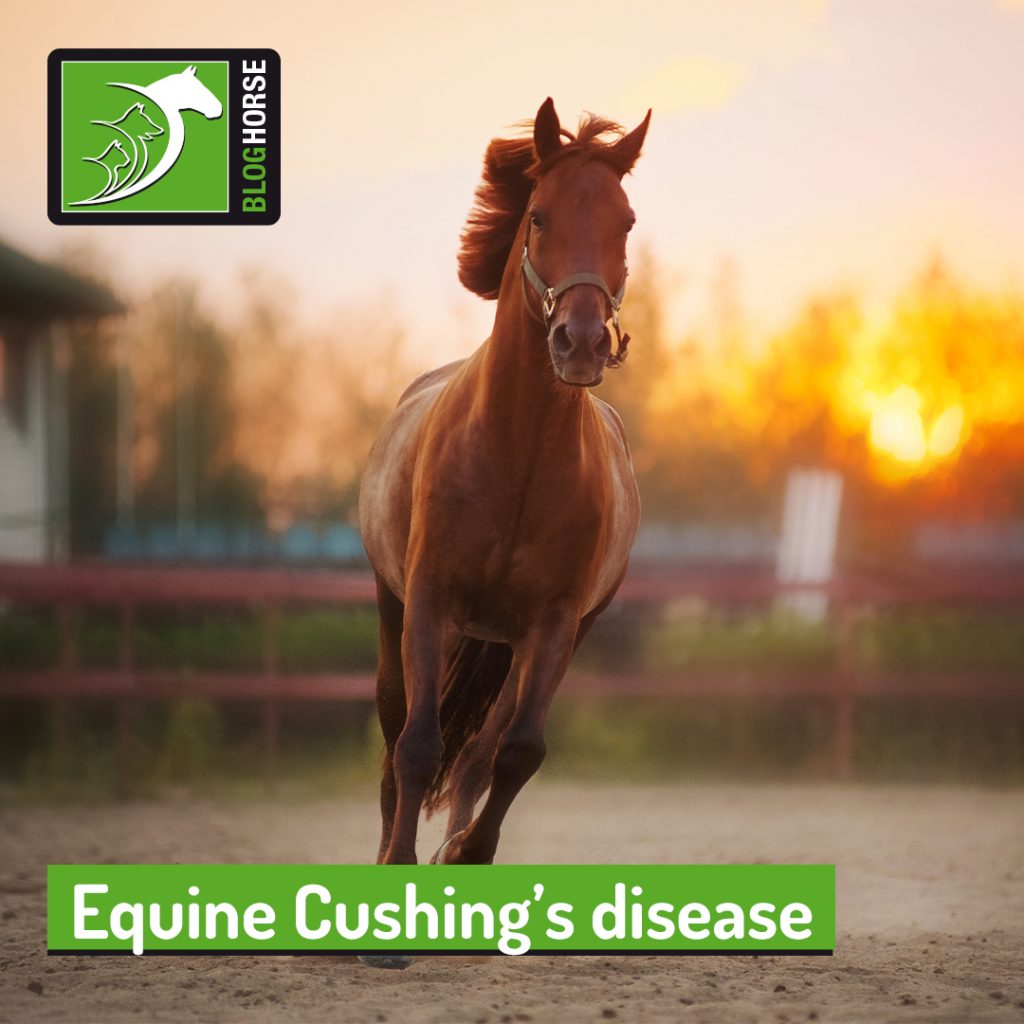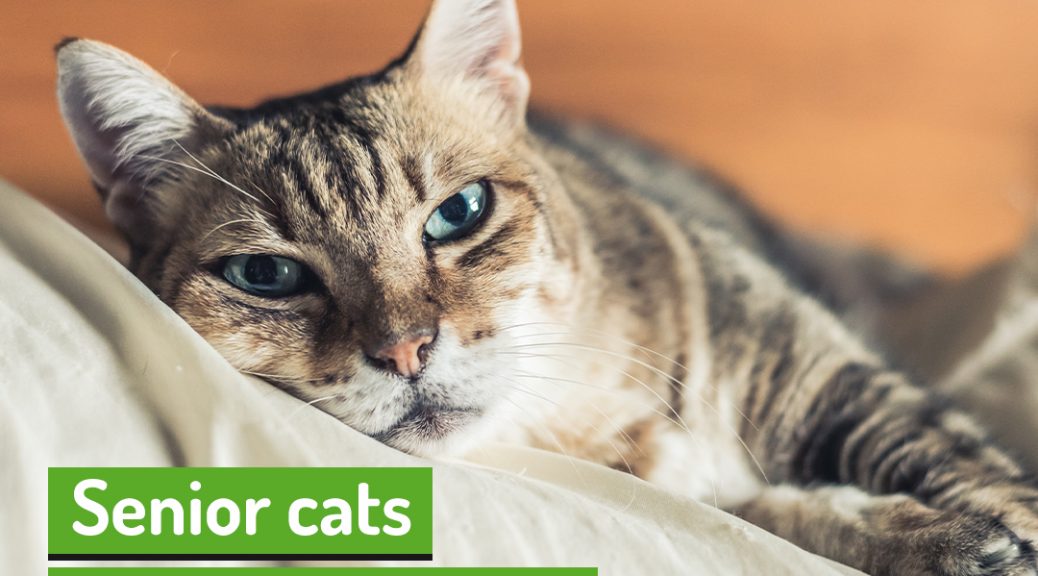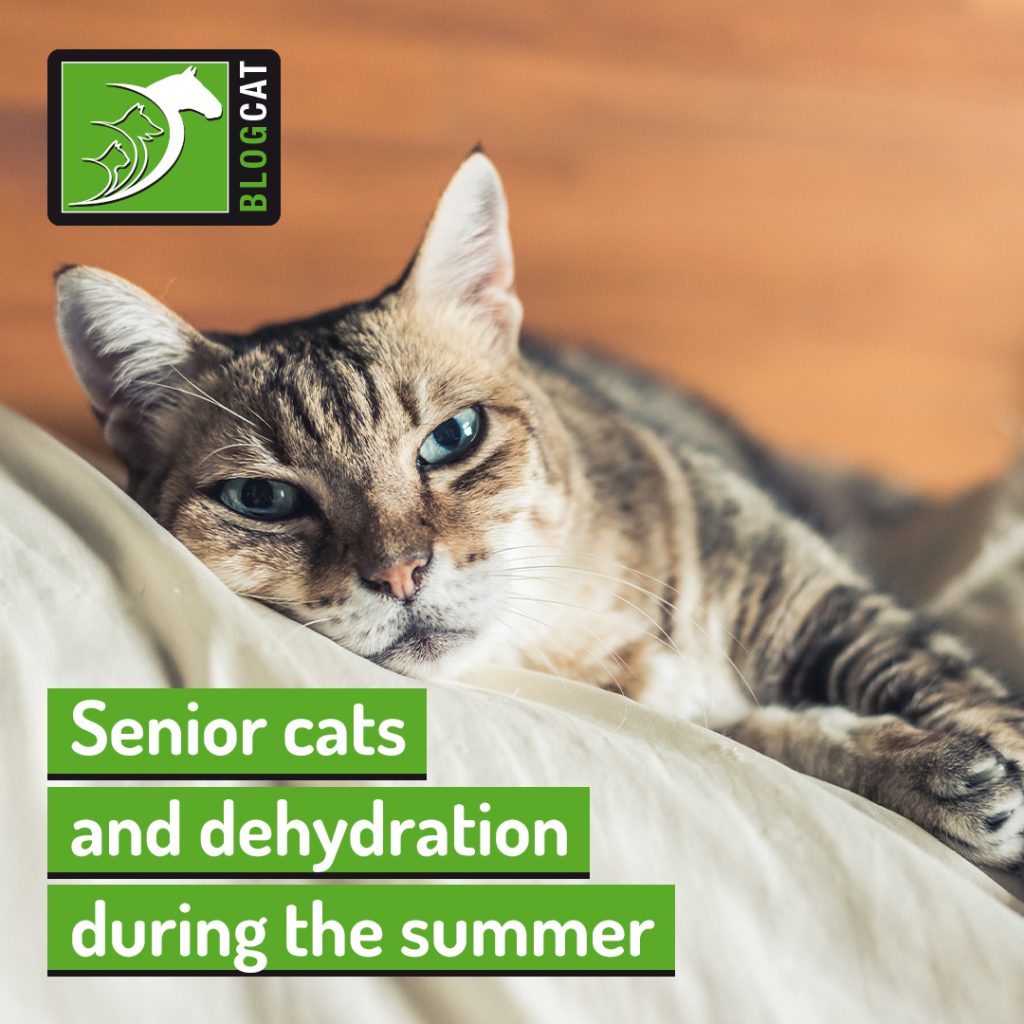Have you ever heard of Equine Cushing’s disease? If your horses or ponies are over 10 years old, they might be at risk!
This progressive hormone problem originates from a dysfunction in a part of the brain called the pituitary gland, causing an out-of-control increase in several types of hormones. Due to this situation, your horses might be at severe risk of debilitating laminitis or recurrent infections.
Continue to read our blog to learn more about how to manage this syndrome and help your horses live a long and happy life.
What are the signs of Equine Cushing’s disease?
Equine Cushing’s disease, also called Pituitary Pars Intermedia Dysfunction (PPID) in the medical literature, happens when the normal control mechanisms of the pituitary gland that are responsible for ensuring proper levels of the essential hormone adrenocorticotropic hormone (ACTH) become dysregulated.
We don’t know why this happens precisely, but the result is a progressively more elevated level of ACTH and other hormones, which go on to cause harm to many organs in your horses or ponies.
With a prevalence of about 20% in horses over the age of 15, owners should pay close attention to their older animals to avoid letting PPID progress to a point where you are seeing severe signs!
Here are some of the things that are commonly observed in affected animals:
- Increased thirst and urination;
- Lethargy and reluctance to move;
- Reduced fertility and muscle mass;
- Hair that is excessively long or that is not moulting;
- A distended abdomen, a thick neck and a lumpy look over the eyes due to abnormal fat deposits;
As this disease progresses, your horse will develop laminitis and will be much more susceptible to infections. Due to this, it’s vital that you keep a close eye on your horse(s) in order to spot PPID as early as possible.
Is it possible to manage this disease?
Unfortunately, it is not possible to cure Equine Cushing’s disease, but there are several ways to manage this disease and give your horse the best possible chance at having an excellent quality of life for many years.
One of the most common medications is pergolide which is aimed at keeping the pituitary gland under control, and it tends to be successful in a large portion of cases. It is extremely likely that your horse will require medication for the rest of his or her life.
Because PPID negatively affects immunity, your vet will likely recommend that preventative care, such as vaccines, deworming and nutrition as well as acting quickly on any other health issues that might develop.
It’s important to remember that if you see your horse is experiencing laminitis, even if it seems only mild, you should contact your vet as soon as possible! It can progress quickly and might lead to an untenable decline in his or her quality of life if not treated on time.
Managing PPID is a life-long process for you and your horse or pony, so don’t hesitate to reach out to your vet if you are experiencing difficulties with treatment or feel that things are getting worse!
Would you like to know more about horses? Check our Equine Courses:
Equine courses



